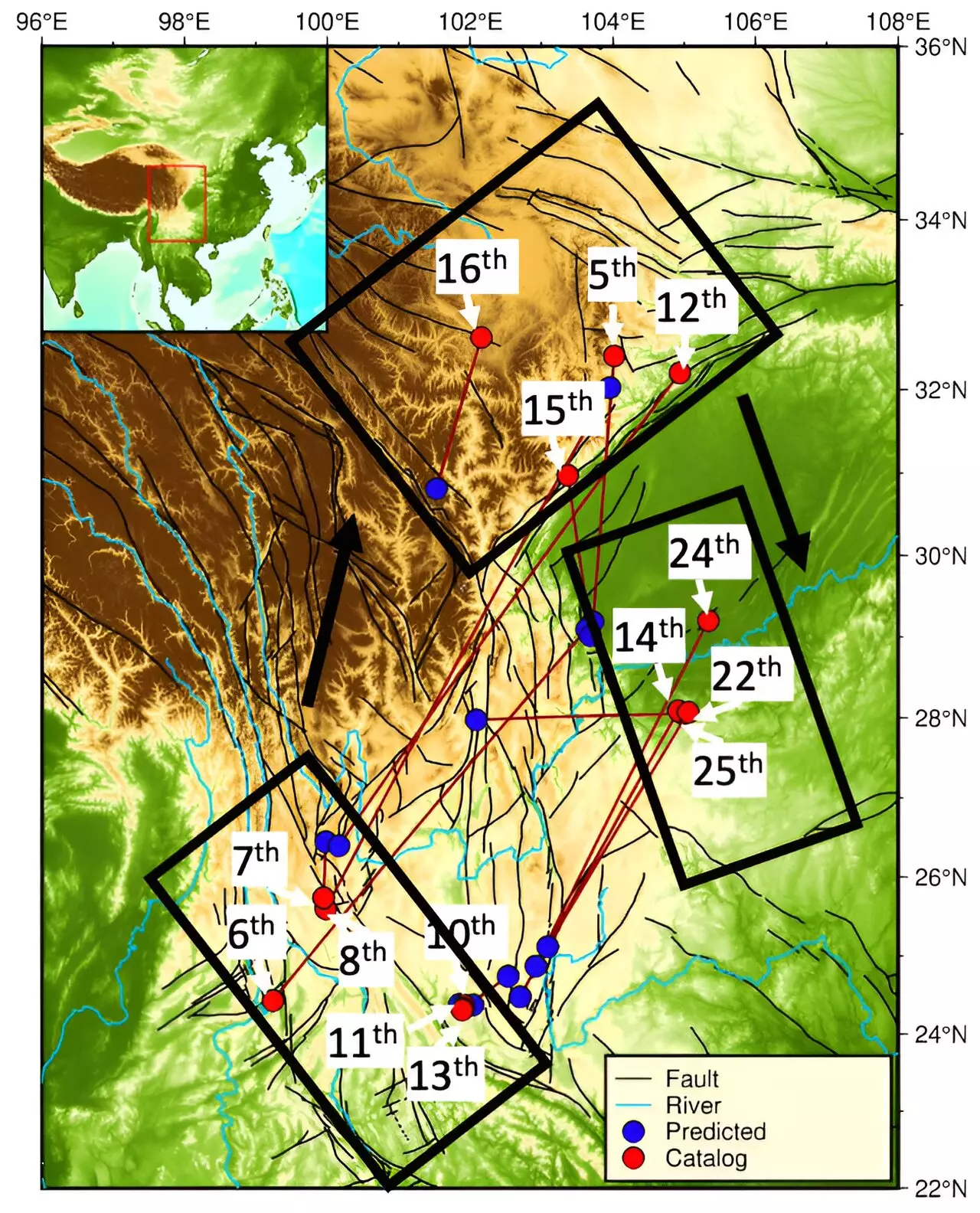In a groundbreaking development, researchers at The University of Texas at Austin have harnessed the power of artificial intelligence (AI) to predict earthquakes. This new AI algorithm, trained to detect statistical bumps in real-time seismic data, successfully forecasted 70% of earthquakes one week before they occurred during a seven-month trial in China. The potential of this technology to limit the impact of earthquakes on both lives and economies is a source of hope for the future. While the study’s findings represent a significant milestone in AI-driven earthquake forecasting, further research is needed to determine if this approach is effective in other locations. Nonetheless, the breakthrough demonstrates that what was once considered an impossible problem may indeed be solvable in principle.
During an international competition in China, The University of Texas at Austin’s AI algorithm outperformed 600 other designs and emerged as the top performer. Led by Yangkang Chen, a bureau seismologist and the AI’s lead developer, the UT team’s success is a testament to their efforts in pushing the boundaries of earthquake prediction. The team’s findings have been published in the journal Bulletin of the Seismological Society of America, garnering recognition and acclaim within the scientific community.
As Alexandros Savvaidis, a senior research scientist at The University of Texas at Austin, rightly points out, earthquakes are notoriously difficult to predict. In a matter of milliseconds, catastrophic events occur, leaving little time for preparedness. Despite the challenges, the AI algorithm’s 70% success rate is a significant achievement that has the potential to minimize economic and human losses. This breakthrough also offers a glimmer of hope for improved earthquake preparedness on a global scale.
The success of UT’s AI algorithm lies in its relatively simple machine learning approach. The algorithm was provided with a set of statistical features based on the team’s extensive knowledge of earthquake physics. It was then trained on a five-year database of seismic recordings, enabling it to detect signs of imminent earthquakes from the background rumblings within the Earth. This approach allowed the algorithm to provide accurate forecasts, estimating both the location and strength of the earthquakes. While earthquake prediction remains an intractable problem, this research represents a significant step forward in the field.
Expanding the Scope of AI Earthquake Prediction
The researchers are confident that the AI algorithm’s success rate can be further improved in locations with robust seismic tracking networks, such as California, Italy, Japan, Greece, Turkey, and Texas. By narrowing its predictions to within a few tens of miles, the algorithm can offer more precise forecasts, aiding in early warning systems and enhancing preparedness efforts. To validate the effectiveness of the AI algorithm, the team intends to conduct tests in Texas, where the occurrence of minor- and moderate-magnitude earthquakes is relatively high. With 300 seismic stations and over six years of continuous records, Texas’s rich dataset makes it an ideal location for further verification.
The ultimate goal of the researchers is to integrate this data-driven approach with physics-based models to develop a generalized earthquake prediction system. Similar to OpenAI’s chatGPT, this solution could be applied anywhere globally. However, this objective is still a distance away. Combining physics and data-driven methods would fill gaps in regions with poor data or in areas like Cascadia, where the last major earthquake occurred centuries ago, predating the existence of seismographs. While achieving this goal may take time, each incremental advancement, such as the AI algorithm developed by UT, propels the field of earthquake prediction forward.
The use of artificial intelligence in earthquake prediction holds immense promise for mitigating the devastating consequences of seismic events. The breakthrough achieved by researchers at The University of Texas at Austin, who developed an AI algorithm that accurately predicted earthquakes, represents a significant milestone. By improving the understanding of earthquake dynamics and enhancing early warning systems, AI-driven earthquake prediction could potentially save lives and minimize economic losses. This research lays the foundation for future advancements in the field and brings us one step closer to the elusive goal of accurately predicting earthquakes worldwide.


Leave a Reply